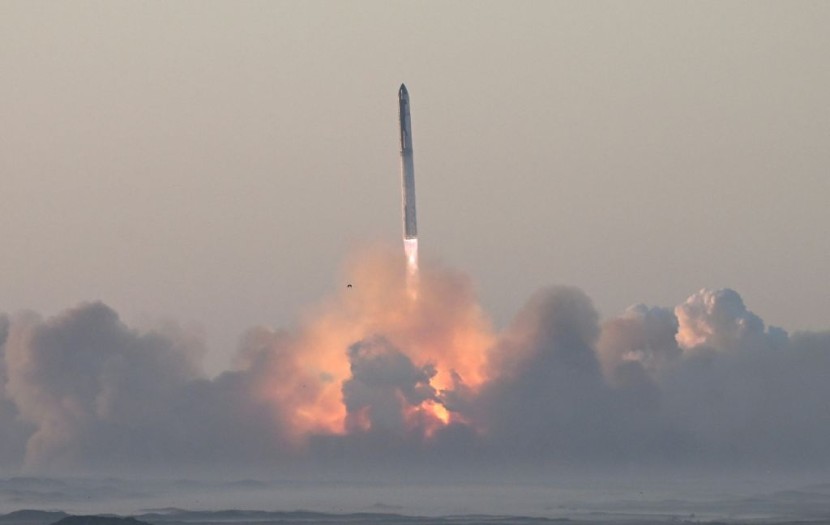
The latest test of SpaceX's Starship rocket failed shortly after launch on Thursday. Officials from Elon Musk's company confirmed that the rocket's upper stage was lost following issues that arose after liftoff from Texas.
The incident had a ripple effect on air travel, with several commercial flights diverted or delayed due to the rocket's breakup. Flight-tracker Flightradar24 reported that dozens of flights were impacted.
The Federal Aviation Administration stated it "briefly slowed and diverted aircraft around the area where space vehicle debris was falling" and issued a warning to pilots about a "dangerous area for falling debris of rocket Starship."
The rocket launched from SpaceX's facility near Brownsville, Texas, at approximately 5:30 p.m. ET on Thursday, heading east before breaking apart mid-flight.
A spokesperson for the FAA told CNBC that no injuries or property damage from Starship's debris have been reported.
The breakup caused disruptions to air travel, including a JetBlue Airways flight from Fort Lauderdale to San Juan, Puerto Rico, which diverted back to Fort Lauderdale nearly two hours into its journey, according to FlightAware.
Other flights in the region, including a FedEx cargo jet near Turks and Caicos and a Spirit Airlines plane, also altered their courses, according to flight-tracking data.
SpaceX CEO Elon Musk shared a video of the Starship test flight, showing debris lighting up the sky as it streaked across the horizon. During the company's webcast, SpaceX communications team member Dan Huot explained that they "saw engines dropping out on telemetry" near the conclusion of the ascent burn, ultimately losing contact with the upper stage, known as the "Ship."
In a post on X, SpaceX stated it would continue analyzing data from the flight test to determine the root cause of the explosion.








